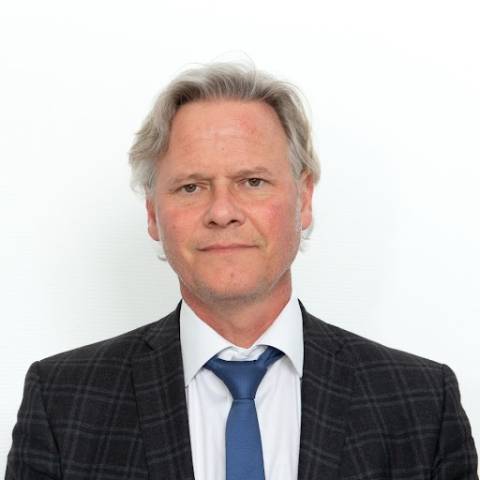The EADA Executive Doctorate in Business Administration (DBA) in partnership with Le CNAM-Paris employs a rigorous and research-oriented methodology tailored to the needs of experienced business professionals seeking to enhance their leadership skills and contribute to the field of business and knowledge.
The structure and methodology of this 3-year, 8 residential modules programme ensures that these engaged professionals can conduct high-quality research that contributes to the business world while balancing their work commitments.
This specific methodology combines academic rigour with practical relevance to produce leaders who can address complex business challenges effectively. It includes the following key components:

Applied Research to Address Real-World Business Challenges
The Executive DBA emphasises applied research, with the primary goal of producing actionable knowledge that can address real-world business challenges. Participants are expected to identify a specific research area or problem relevant to their industry or organisation.

Literature Review to Understand the Research Context
Participants conduct a thorough literature review to understand the existing research and theory related to their chosen topic, ensuring they are well-informed about the context of their research.

Research Proposal Development to Define the Project
Early in the programme, participants develop a research proposal that outlines their research questions, objectives, methodology, and expected contributions to the field. This proposal undergoes review and refinement.

Training in Qualitative and Quantitative Research Methods
The programme equips students with a range of research methods, both qualitative and quantitative. This includes data collection, analysis, and interpretation, allowing participants to use appropriate methodologies for their specific research projects.

Empirical Data Collection to Support the Research
Participants gather data through surveys, interviews, case studies, or other relevant means. This empirical data is essential for supporting their research.

Intervention and Action Research to Directly Impact Organizations and Industries
The Executive DBA emphasises intervention and action research, which involves implementing and testing solutions in a real-world business context. This practical approach enables participants to directly impact their organisations and industries.

Expert Faculty Guidance, Feedback, and Mentorship
Throughout the programme, participants work closely with experienced faculty members who provide guidance, feedback, and mentorship. These faculty members are leading experts in their fields.

Collaboration and Peer Learning to Refine Research Ideas
Collaboration and peer learning are encouraged through group discussions, during the 8 residential modules of the programme. Participants engage with their peers to gain different perspectives and refine their research ideas.

Dissertation Submission to Make a Significant Contribution to the Field of Business
The culmination of the programme is the completion of a doctoral dissertation, which presents the research findings, analysis, and implications. The research must make a significant contribution to the field of business.

Research Defense before an Expert Committee to Demonstrate the Rigour of the Work
Participants defend their research before a committee of faculty members and professionals, demonstrating their expertise, the significance of their findings, and the rigour of their methodology.
Programme Director
Interested in learning more about the programme?
Download our brochure for full details.
Your classmates
Average age: 45 years
Average experience: 22 years
Professional opportunities
- Managing Director
- Managing Director
- Senior Manager
- Business Development Director
- Head of functional area and/or business unit
- Project Manager
- And in large multinationals, positions that require a greater strategic and business focus in addition to expertise and knowledge.
- Lecturer


